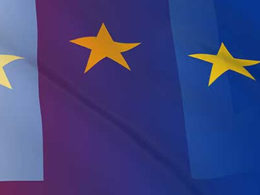The recent decision of the Court of Justice of the European Union in Louboutin v Amazon raises a number of different issues for platforms facilitating sales by third party vendors. The decision represents a significant shift in the approach to the liability of intermediaries for trade mark infringement and, unusually, did not follow the opinion …
Keeping Secrets – The Benefits of Good Confidentiality Agreements
Confidentiality or non-disclosure agreements (NDAs) often get bad press, perceived by many as a way of buying the silence of those privy to the unlawful or unethical acts of others. However, NDAs are entirely legal and, in the world of intellectual property, should be seriously considered as one of the most economic and effective means …
Keeping Secrets – The Benefits of Good Confidentiality AgreementsRead More
Counterfeit Goods and Online Sales
In 2014 the technology law landscape changed significantly when the High Court in England ordered some of Britain’s largest internet service providers (ISPs) to block access to websites purportedly selling counterfeit goods. The case was brought by the Richemont Group (owners of the Cartier and Mont Blanc brands), who were successful in obtaining orders to …
EU Trade Marks and Brexit
Like many aspects of Brexit, the future remains uncertain. Commercial common sense dictates that in the world of intellectual property, like many other areas, agreement will need to be reached between the UK and EU which preserves the ability to trade and conduct commercial relations on a continuing basis. However, in the absence of agreement …
Brexit and Intellectual Property
As with many areas of law and regulation in the UK, the current intellectual property regime is heavily regulated by European legislation. Brexit will have a significant impact on this area over the coming years and some changes will be significant. Businesses will need to take steps to ensure protection of their intellectual property rights, …
“Are you…threatening me?”
Paul Motion considers the new law on Unjustified Threats in relation to intellectual property actions. Threatening to sue for alleged infringements of trade marks, design rights and patents could spectacularly backfire. Under the old law any person who was “aggrieved by” an “Unjustified Threat” to bring such proceedings could themselves sue the person making that …







